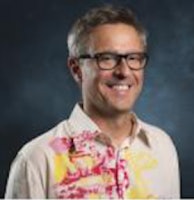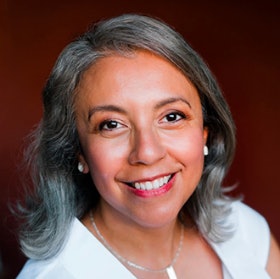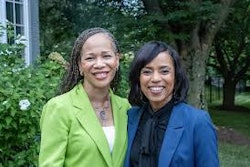The difficulty of making a successful transition from school to the workforce remains one of the most persistent problems in higher education. The outcome is bad for students and industries alike: a lack of social mobility and a lack of qualified workers. But California State University, Fullerton’s efforts to tackle this issue got a major boost recently with the announcement of $1.4 million in grants for projects to shape career pathways for students.
The funding comes as part of a California program to tackle issues of equity in higher ed and the workforce. The state awarded $18 million each to six regional collaboratives consisting of at least one K-12 school district, University of California campus, California State University campus, and community college district.
Cal State Fullerton’s share of the money will fund six projects designed to prepare students to work in in-demand areas. One such venture is Project Propel, which is seeking to increase the number of multilingual teachers in the region. A 1998 proposition eliminated most bilingual programs in California schools, and although it was reversed in 2016, there is still a shortage of teachers who speak multiple languages.
 Dr. Fernando Rodriguez-Valls, professor of secondary education at California State University, Fullerton
Dr. Fernando Rodriguez-Valls, professor of secondary education at California State University, Fullerton
Rodriguez-Valls has high hopes.
“I’m optimistic that we can get growth past 25%” he said.
Other projects seek to expose students to career paths that they might not have considered. Pathways for Careers in Manufacturing and Engineering, a joint effort from Cal State Fullerton’s Extension and International Programs and the College of Engineering and Computer Science, has received $211,000 to spark community college students’, high schoolers’, and eventually, middle schoolers’ interest in the field of biomanufacturing. In biomanufacturing, biological materials and systems are used to make everything from pharmaceuticals to cosmetics and food. It’s a burgeoning industry, expected to grow 7% between 2020 and 2030. But it faces a shortage of workers with the necessary technical qualifications—in part because the field is so new and in part because it is highly interdisciplinary, combining biology, chemistry, engineering, and manufacturing. Educational programs haven’t caught up yet, and students may be unaware of the field or intimidated by it.
Pathways for Careers in Manufacturing and Engineering will offer free hands-on four-week training experiences in on-campus labs with a focus on under-represented populations, including women, racial minorities, and people from low-income backgrounds. According to Dr. Sagil James, associate professor of mechanical engineering and co-director of the project, it is likely the only biomanufacturing training program in America specifically targeted at those groups. Participants will work with cutting-edge lab equipment like 3D bio-printers and do projects in which they solve industry-relevant problems, like how to scale a tool from laboratory usage to one million people. The project aims to help 90-100 students yearly, but the total could be increased if there is strong interest. The grant money will fund the project for one year, but it will continue afterwards due to additional funding from industry partners, including the BioCom California Institute.
Other projects receiving grants include one to support students in becoming accountants, one to combat STEM attrition by better preparing high school students to take college computer science courses, and one to improve awareness of career pathways in healthcare.
 Dr. Estela Zarate, vice provost at California State University, Fullerton
Dr. Estela Zarate, vice provost at California State University, Fullerton
“It is unique in that it is bringing together K-12, community college, universities and the career centers all aligned under one goal,” she said. “There are some outreach programs between colleges, community colleges, and high school, but this time we’re aligning everything.”
Zarate believes that this will particularly benefit students who are the first in their families to attend college. Nearly one-third of Cal State Fullerton’s students are first-gen.
“Every step of transition, from high school to community college to a baccalaureate-granting institution to a career, require[s] certain types of supports for students whose parents may not have gone to college or who do not have a similar career pathway,” she said. “By building a partnership where students are handed off as a cohort at each transition, we diminish that burden.”
At the same time, the program will help employers build their workforces.
“There are certain industry sectors that are very much forecasting labor shortages,” said Zarate. “We have the human capital to prepare students [for] these roles.”
Ultimately, argued Zarate, if the program succeeds, everyone will benefit.
“It’s a win-win,” she said, “and a great investment for the state.”
Jon Edelman can be reached at [email protected]


















